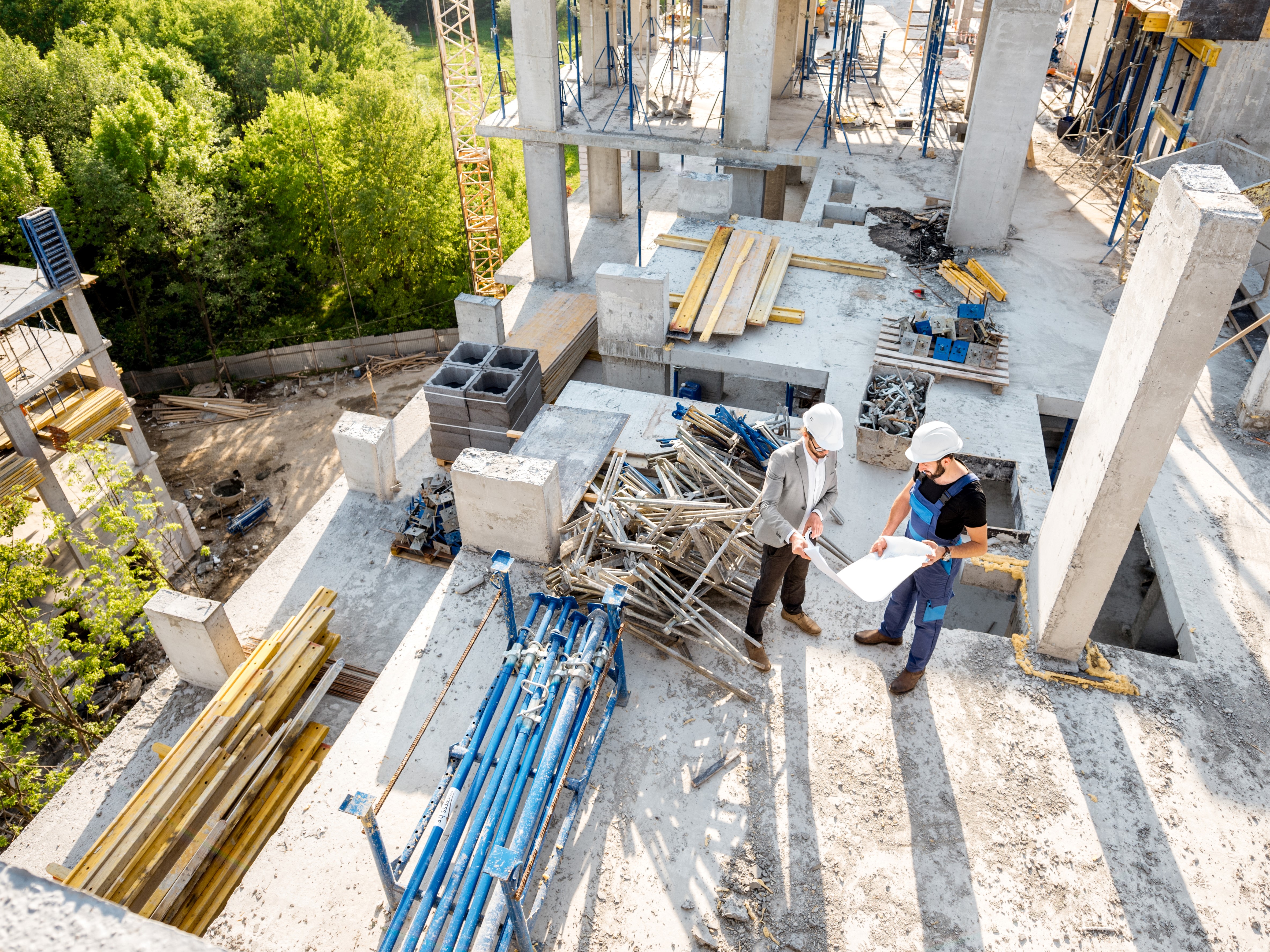Leaders at all levels of contracting joint ventures should take stock of their organisation and consider whether they are really set up for success.
Mega projects require big, capable project teams for execution. A few contracting firms can (and choose to) execute these large projects alone, but frequently they team up. Project joint ventures are a fact of life in capital projects. I’ve personally been part of one and have done work for half a dozen others in my career to date. There are many reasons for contractors to form joint ventures for mega-project delivery: pairing regional expertise with technical expertise, sharing pursuit risk (that is, the risk of funds spent on the bid not resulting in a contract), sharing performance risk, pairing complementary technical capabilities and creating an organisation of sufficient size to take on a major project. In short, they have lots of benefits. They also create enormous challenges.
.jpg?width=452&name=Canva%20-%20Concreting%20Construction%20Works%20(2).jpg)
One of the biggest challenges facing a contracting joint venture is in combining the various norms, behavioural patterns, expectations, and cultures found throughout the partner organisations. While the power of these forces may be familiar, Partners in Performance describes it exceptionally well when we call it wiring:
“Like electrical wiring behind the walls, organisations are ‘wired’ in a way that, like magnetic fields, determines broadly how the organisation will behave and perform and therefore what its future is likely to look like. Hence organisations that do not hold individuals accountable for delivering real results can be predicted to perform worse than those that do. Those which regularly review and coach their people, using ‘clean’ data and track completion of actions, are much more likely to perform and spot problems early than those where the disciplines of such review are not apparent. These organisations are ‘wired’ differently from each other. Unfortunately, like electrical wiring, it is largely invisible to those in the organisation and is therefore not broadly recognised or proactively managed.”
Good wiring can be developed two ways, think of them as “organic” or “deliberate”.
- Organic wiring emerges over time from the day-to-day practices and habits within the firm. Good organic wiring takes strong leaders that tirelessly role-model the desired behaviours and team members with many opportunities to work together, build relationships, establish norms, and adopt those modelled behaviours. It takes years, often goes wrong, and is virtually impossible in high-growth organisations.
- Deliberate wiring must be thoughtfully designed, carefully codified and proactively managed. Good deliberate wiring still requires strong, visible leadership, is also paired with thorough upfront planning: KPIs and the cascade of meetings through the organisation are clearly defined; organisational structure is carefully aligned with the drivers of value; and feedback loops are built throughout the organisation (among other things).
Contracting joint ventures don’t have the luxury of allowing good organic wiring to emerge over decades of organisational growth and evolution. They must hit the ground running and deliver on the massive project they’ve been contracted to build immediately. The organisational norms, internal networks and procedures from two, three, or four partner companies are smashed together – with a healthy dose of direct-hire staff. These organisations grow from bid team to behemoth in months. Even if contractors with good internal wiring are working together, their combined wiring is likely to be a tangled mess. While best to install the wiring from the start of the project, it is never too late for renovations.

George Crouch
George Crouch is an Expert in Partner in Performance’s Capital Practice. He is a Professional Engineer with a background in infrastructure mega-project construction and first encountered the challenges of joint venture wiring while building a subway station in 2011. He brings his experience since then as a Superintendent, General Superintendent and Project Manager to bear on the challenge of driving sustainable strategic and operational improvements for clients across the construction, mining, manufacturing and energy industries. George holds an MBA with Distinction from Ivey Business School.
Linkedin